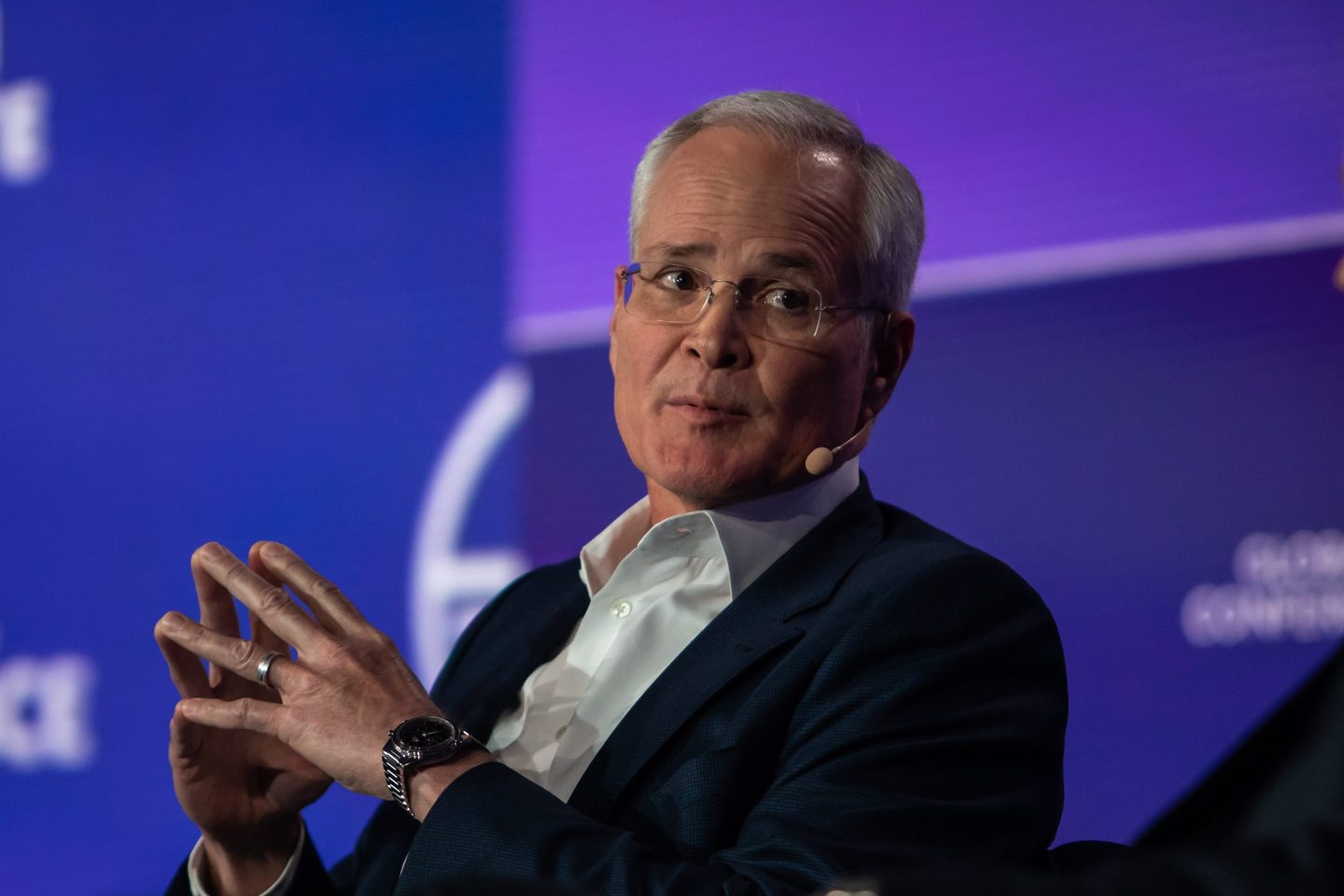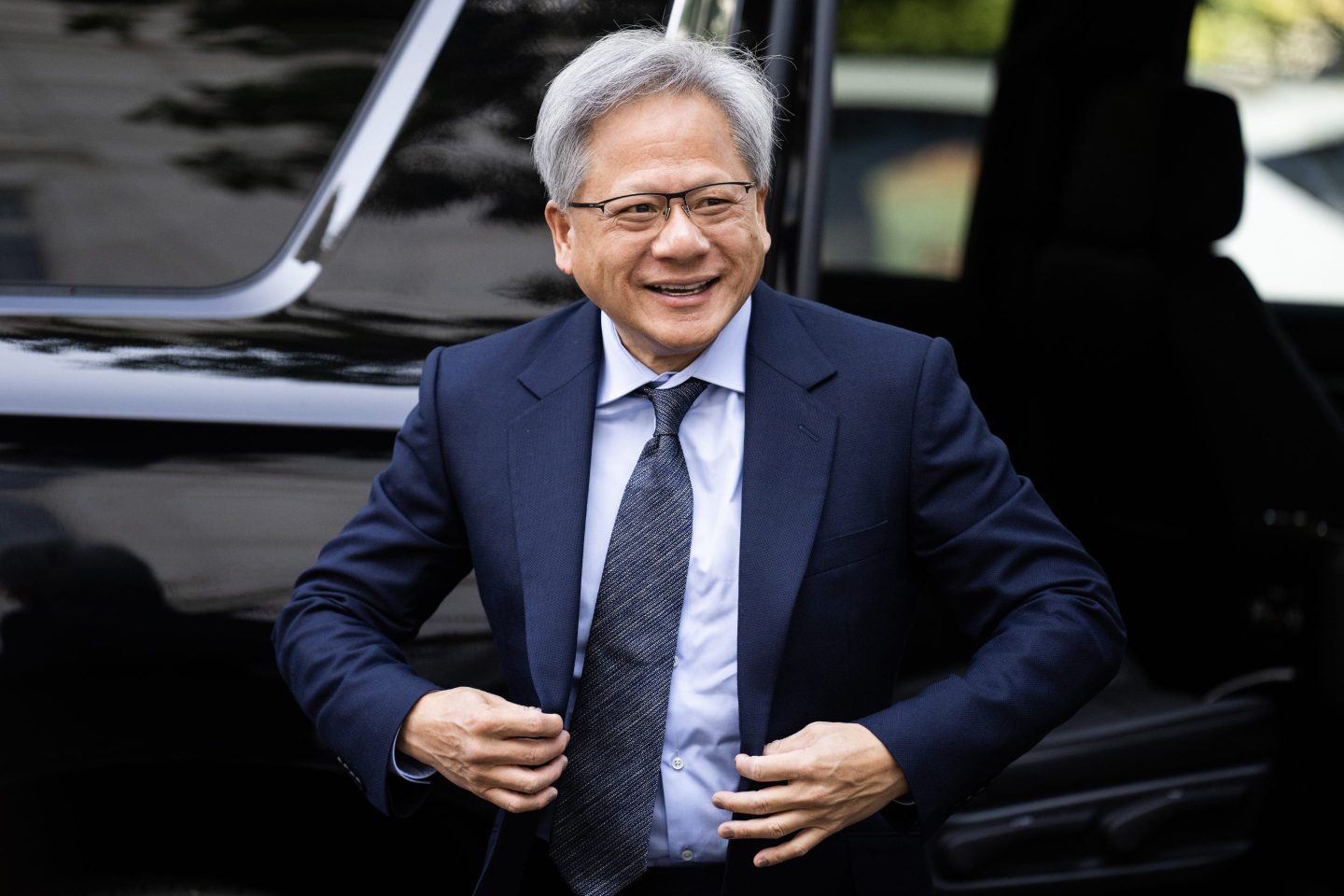Good morning. This year, I’ve reported on CFOs becoming CEOs more frequently. And it’s a trend that’s poised to continue.
A good example is Khozema Shipchandler, CEO of the software company Twilio, since January. His career journey at the company moved him from CFO to chief operating officer (COO) to president to chief executive in less than six years.
Twilio’s focus is customer engagement. Its platform offers digital communications—text messages, calls, videos, email—and customer intelligence through the use of AI. Among its 320,000 customers are Lyft, Domino’s, Nike, Toyota, and Intuit.
Some use case examples? When you interact with Lyft’s app via text—you’re also interacting with Twilio. And Domino’s used Twilio’s platform to create a universal view of its customer base by consolidating sales, marketing and support data gained through digital touchpoints. This led to an increase in customer loyalty and a decrease in customer acquisition costs, according to Twilio.
The San Francisco-based company’s total revenue for Q3 2024 was $1.134 billion, up 10% year over year. Twilio reported a dollar-based net retention rate of 105%, which is up from 101% in the prior year. The gains were a result of focusing on three areas: financial discipline, operating rigor, and a focus on innovation, Shipchandler said.
‘Get in the rhythm of being ready’
Shipchandler joined Twilio as CFO in 2018, after a more than 20-year career at GE including serving in several CFO roles in GE Aviation. Coming to Twilio, he knew he wanted to expand his remit beyond finance.
“I talked to my predecessor about it at the time and said, ‘There’s a lot more that I can do here besides just accounting and financial planning,’” he recalled. The two had a conversation about it and just after a few months, Shipchandler took over the cyber team. “I didn’t have any real experience in cyber,” he said. “But it was a super interesting thing to take on and very intellectually stimulating.” And cyber was top of mind for the CEO and board, so Shipchandler was able to get a lot of exposure.

Every six months, he would take on a new challenge. First, it was cyber, then IT, then legal. Over the years, Shipchandler began to gain extensive knowledge of the operations of the company, and he ultimately was approached to become the COO.
After three years as finance chief, he took on the COO role. And, after about a year and a half, Twilio divided its operations into two business units. Shipchandler was tapped to become the president of Twilio Communications, the largest business with 93% of the company’s revenue, he said. Shipchandler gained experience he didn’t have in areas like go-to-market, and research and development.
He served as president until he was promoted to CEO of Twilio in January, succeeding Jeff Lawson, also the company cofounder, who stepped down.
Shipchandler’s major takeaway for CFOs wanting to become CEOs: Get operational experience.
“I was really fortunate to have come out of the GE system, where you were really much more of an operator,” Shipchandler explained. “You were viewed as being the chief operating officer, even if that wasn’t your title.” And when coming to Twilio, learning operations was a priority for him.
Through these different experiences, “you just kind of get in the rhythm of being ready for something when the opportunity presents itself,” Shipchandler said.
The openness he had to try new experiences at Twilio in his own career, also extends to his leadership style. For example, Shipchandler started an internal podcast to have direct communication with employees.
“Employees get to nominate other employees who they want to hear from,” he explained. “And we’ll do kind of a fun interview back and forth. In every podcast, there are three questions they get to ask me that I’ve never seen before.” And the questions run the gamut.
“Literally, they ask whatever they want,” he said. “It’s not vetted.”
Have a good weekend.
Sheryl Estrada
sheryl.estrada@fortune.com
The following sections of CFO Daily were curated by Greg McKenna.
Leaderboard
Some notable moves this week:
Jeff Davis has agreed to step down as CFO of discount variety chain Dollar Tree (Nasdaq: DLTR), the company announced Wednesday. He will remain in the role until the company files its fiscal year 2024 10-K, likely in March.
James Morgado was promoted to CFO of Insight Enterprises (Nasdaq: NSIT), a multinational IT company, effective Jan. 1. He will succeed Glynis Bryan, who has spent 17 years at the company and announced in May that she would retire from the position and transition to an advisory role.
Celeste Mellet was appointed CFO of health insurance giant Humana (NYSE: HUM), effective Jan. 11. She will succeed Susan Diamond, who is stepping down after 18 years at the company, including the last three as finance chief, and will serve in an advisory role through 2025.
Brad Lakhia was appointed CFO of CBIZ (NYSE: CBZ), a provider of accounting, insurance, and advisory services, effective Mar. 17. He will succeed Ware H. Grove, who will retire after 24 years in the role.
Anu Subramanian will resign as CFO of Bumble (Nasdaq: BMBL), which manages online dating and social networking apps, to pursue other opportunities, the company said. She will continue to serve through Mar. 14, including through the company’s year-end earnings and the filing of its Form 10-K.
Mark Scheiwer was promoted to interim CFO of The Scotts Miracle-Gro Company (NYSE: SMG), a lawn and garden care company, effective Dec. 31. He will succeed Matt Garth, who will depart after serving in the role since December 2022.
Benoit Fouilland was named CFO of Celonis, a process mining and process intelligence company, effective Dec. 1. Fouilland has over three decades of finance and executive management experience.
Michael Buttstedt was appointed CFO at Allianz Partners, an insurance and assistance services firm. With more than 25 years within the Allianz Group, Buttstedt joins Allianz Partners from his recent role at Allianz Italy, where he served as CFO for four years.
Big Deal
More than nine in 10 (92%) companies report their finance function’s AI initiatives are meeting or exceeding their ROI expectations, according to a new report from KPMG. One-third of the 2,900 companies surveyed across 23 countries said they plan to increase their AI budgets or shift funds from other activities to further drive AI adoption.
Seventy-eight percent of the companies polled have used or piloted AI in financial planning, with areas like accounting (76%) and treasury management (64%) not far behind. Other departments have been more hesitant in employing new technology, with only 45% of companies saying they have leveraged AI for tax and operations purposes. This slower adoption could reflect the complexity of tax regulations, the report noted, as well as a lack of up-to-date data, onerous legacy systems, and a reliance on human judgement for many tax decisions.
“The use of AI and GenAI is becoming ubiquitous across accounting, financial planning, risk management, and more” said Scott Flynn, vice chair of KPMG’s audit division, “and companies are seeing significant returns on their digital transformation efforts as they integrate these tech capabilities into their financial reporting processes.”
Going deeper
“Amazon’s new Nova models are part of its master plan to shine bright in AI,” by Sharon Goldman
“Exclusive: Fintech unicorn Stash laid off 40% of its workforce after CEO left,” by Leo Schwartz and Jessica Mathews
“Bitcoin just hit $100,000, but how did it get there?” by Marco Quiroz-Gutierrez
“Pickleball is so last year. An ‘endless’ surf pool is the standout feature at this private club where units start at $2.5M,” by Alicia Adamczyk
Overheard
“Currently, there is a growing gap between the technical capabilities of technologies like large language models, and what most people, including governments, actually do with them. These tools are already beginning to shape our discourse and will have even more influence soon, making it crucial for us to stay actively involved in guiding their direction.”
— Erik Brynjolfsson, a professor and senior fellow at Stanford’s Institute for Human-Centered AI, wrote in a Fortune opinion piece about a collection of essays on AI authored by leading scholars and executives that was inspired by The Federalist Papers.












